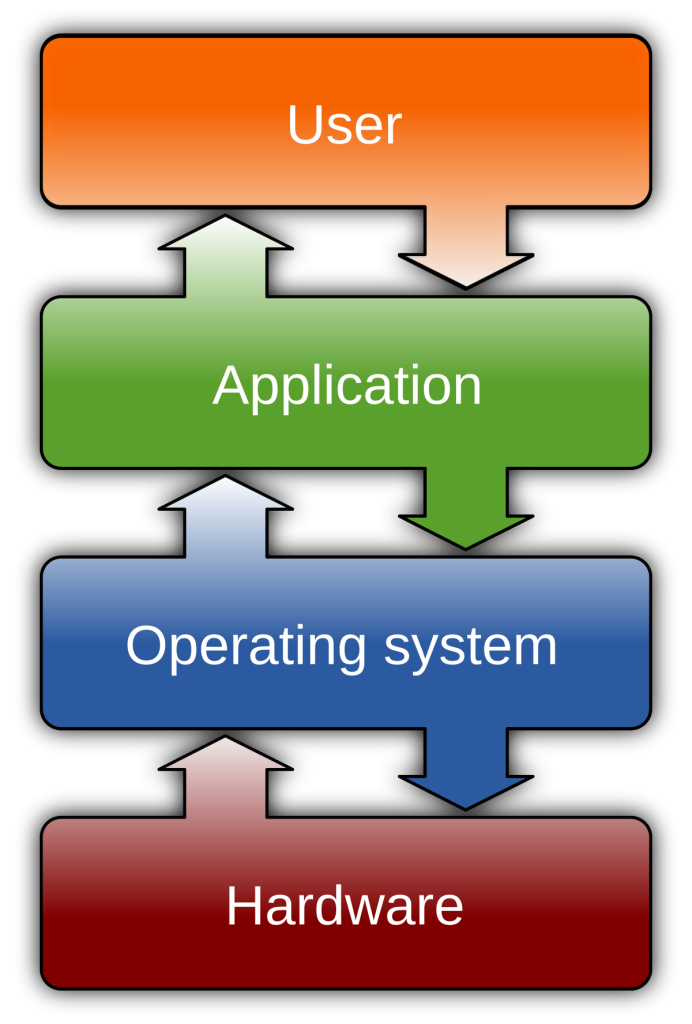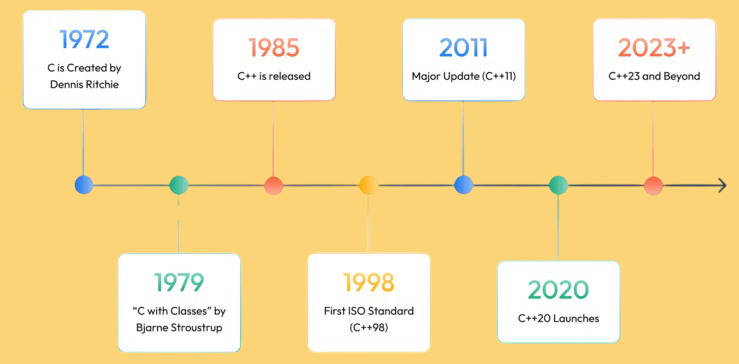C++ has dominated the field of system-level programming for many years, influencing everything from high-performance apps to embedded devices and operating systems. Rust, however, is a new challenger that has quickly gained popularity recently. With its robust developer community, emphasis on memory safety, and remarkable performance benchmarks, Rust is establishing itself as the low-level development paradigm of the future.
A Contemporary Solution to the Difficulties of C++
There is no denying C++’s power. It provides the low-level control required for systems programming and allows developers to write high-performance code. But that power has drawbacks, especially when it comes to undefined behavior, manual memory management, and issues relating to concurrency. These difficulties frequently result in ineffective development and security flaws.
Rust was designed from the ground up to address these shortcomings. Rather than being merely another systems language, it signifies a change in the way developers think about low-level programming. With a compiler that enforces strict memory safety guarantees and an ownership model that prevents data races at compile-time, Rust provides safety without sacrificing performance.
Performance without Sacrifice
“Can Rust match C++ in raw performance?” is one of the most frequent queries developers have when contrasting the two languages. The answer is definitely yes. Rust performs similarly to C++, and occasionally better, according to a number of independent benchmarks. Due to its native code compilation and lack of trash collection, Rust produces highly efficient executables with no overhead at runtime.
Additionally, the compiler for Rust makes aggressive optimizations and offers thorough compile-time error messages, both of which frequently assist programmers in creating more effective code.

Memory Management Made Safer and Smarter
In C++, manual memory management is effective but prone to mistakes. Even seasoned developers are prone to memory overflows, double frees, and memory forgetfulness. In contrast, Rust presents a novel ownership structure. The compiler handles memory management, so the developer does not have to explicitly acquire or deallocate memory.
By enforcing stringent guidelines on who owns what and when, Rust’s borrow checker makes sure that memory safety flaws are discovered during compilation rather than developing into runtime problems.
A Concurrency Without Panic

Another area in which Rust excels is concurrency. Even while C++ has strong concurrency primitives through low-level threads and the standard library, developers are generally left to handle them effectively, which frequently results in race situations and difficult-to-debug errors.
Rust adopts a more sensible and secure strategy. Because of its type system, which guarantees thread safety during compilation, data races are essentially avoided before the program is even executed. Only safe types can be communicated or moved between threads thanks to the Send and Sync features.
Developers may now create multi-threaded apps without having to worry about synchronization problems, which opens the door to fearless concurrency.
Experience and Tools for Developers
In addition to safety and efficiency, Rust offers developers a fun experience. Its tools, including rustfmt (for formatting codes), clippy (a Rust linter), and cargo (Rust’s packager and build system), are user-friendly and straightforward.
In the Rust environment, documentation is a first-class citizen. Developers can more easily enroll and contribute to projects with the help of comprehensive examples and automatically generated documentation. Many people praise Rust’s error messages as being among the best in any language since they are actionable, informative, and descriptive.
In contrast, C++ frequently necessitates the integration of numerous third-party tools and libraries in order to attain a development environment that is equivalent.
Development of the Community and Industry Adoption
The popularity of Rust has skyrocketed in the last several years. It has repeatedly been chosen as the “most loved programming language” by Stack Overflow’s Developer Survey. Big businesses like Dropbox, Amazon, and Microsoft are either investigating or have already implemented Rust in production for system-critical services.
Although C++ is still widely used, Rust is a strong contender for both greenfield projects and updating legacy systems because of its contemporary design philosophy, established safety guarantees, and growing ecosystem.
Should You Use Rust Instead of C++?
Making the whole switch from C++ to Rust is not usually a straightforward yes/no choice. Project scope, team experience, and pre-existing codebases all play a role. But for new projects, Rust is perhaps a superior option, particularly ones that require efficiency, concurrency, and safety.
Nevertheless, Rust and C++ are compatible. Because Rust supports the Foreign Function Interface (FFI), you may gradually incorporate Rust into C++ systems that already exist. Teams may test the advantages of Rust without committing to a full migration thanks to this hybrid approach.
Conclusions
Rust is a deliberate solution to the decades-old problems in system development, not merely a passing fad. While C++ will continue to be relevant due to its maturity and widespread use, Rust brings something the industry has long needed: safety without sacrificing speed.
Rust’s memory and thread safety methodology could emerge as the new norm for systems development as we go toward more intricate and concurrent systems. It might be good to start exploring Rust if you haven’t before.

